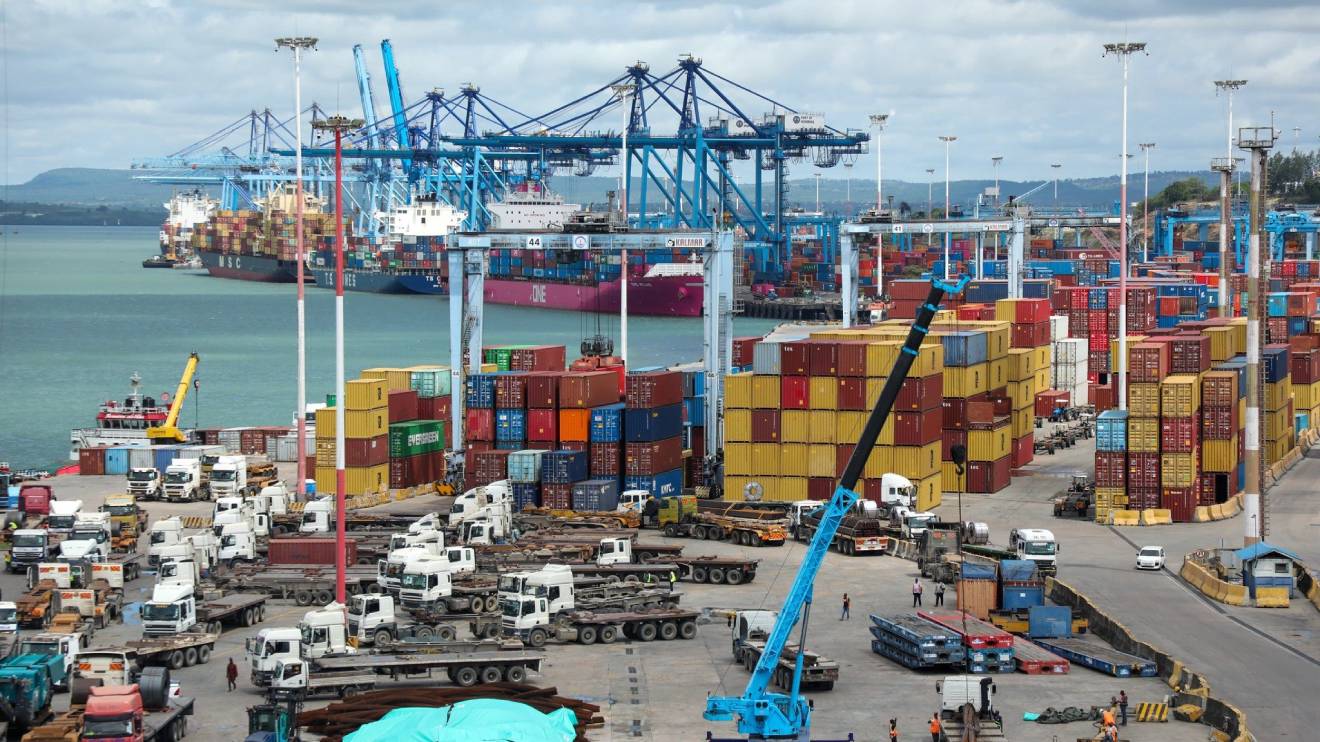Mounting pressure on storage capacity at Kenya’s key maritime entry point has triggered a sweeping auction of cargo left uncollected by some of the country’s most recognisable institutions.
The Kenya Ports Authority (KPA) has confirmed that goods stuck at the port beyond the permitted period will now be sold to the public, following growing concern over space constraints and delayed duty payments.
Access Bank, Serena Hotel, Cambridge University Press, Kenyatta University Teaching and Referral Hospital, G4S, DHL, Bowmans, and Orpower are among the companies whose imports are due to be auctioned, alongside several others from various sectors including education, healthcare, legal services and logistics.
A public notice published in the Kenya Gazette dated June 13, 2025, formally announced the decision: “Pursuant to the provisions of the East African Community Customs Management Act, the following goods which have remained unentered for a period exceeding the prescribed time shall be sold by public auction.”
The Kenya Revenue Authority (KRA), tasked with executing the process, stated that the goal is to decongest the port while also recovering revenue tied up in unpaid duties and storage fees.
Read More
Buyers will be required to purchase the items “as-is, where-is,” and have been advised to inspect the goods beforehand.
The auction catalogue and bidding rules are available through KRA’s Customs and Border Control Department.
While auctions of uncollected cargo are not uncommon, this particular round has drawn attention due to the prominence of the organisations involved.
The assortment of items, ranging from medical equipment and electronics to industrial and office supplies, has also raised questions about inefficiencies in procurement and internal clearance systems.
Analysts suggest that such delays, especially from large institutions, reflect broader challenges in administrative coordination, budget approvals, or supply chain management.
Others point to systemic issues such as documentation delays, shifting tax regulations, or internal policy bottlenecks.
Although the auction offers an opportunity for bidders to acquire valuable goods at reduced prices, it also exposes an underlying problem — that essential equipment, much of it costly and potentially urgent in nature, can remain stranded at the port for months due to procedural lapses.
The public sale is expected to proceed soon, with both individual and institutional buyers expected to participate.
Meanwhile, sector players have called for improved coordination between importers, shipping agents and government agencies to prevent similar backlogs in the future.


-1758116028.jpeg)





